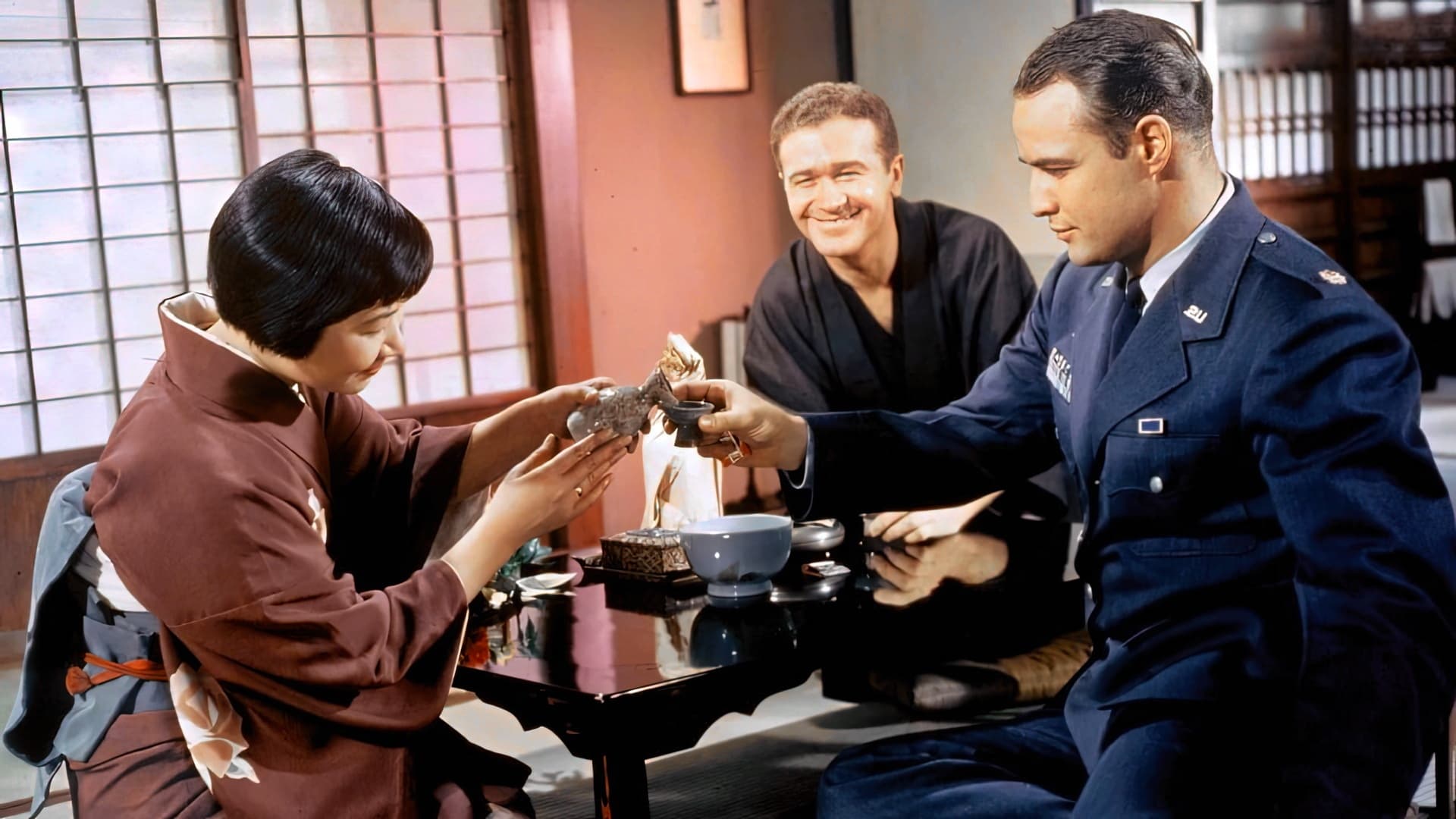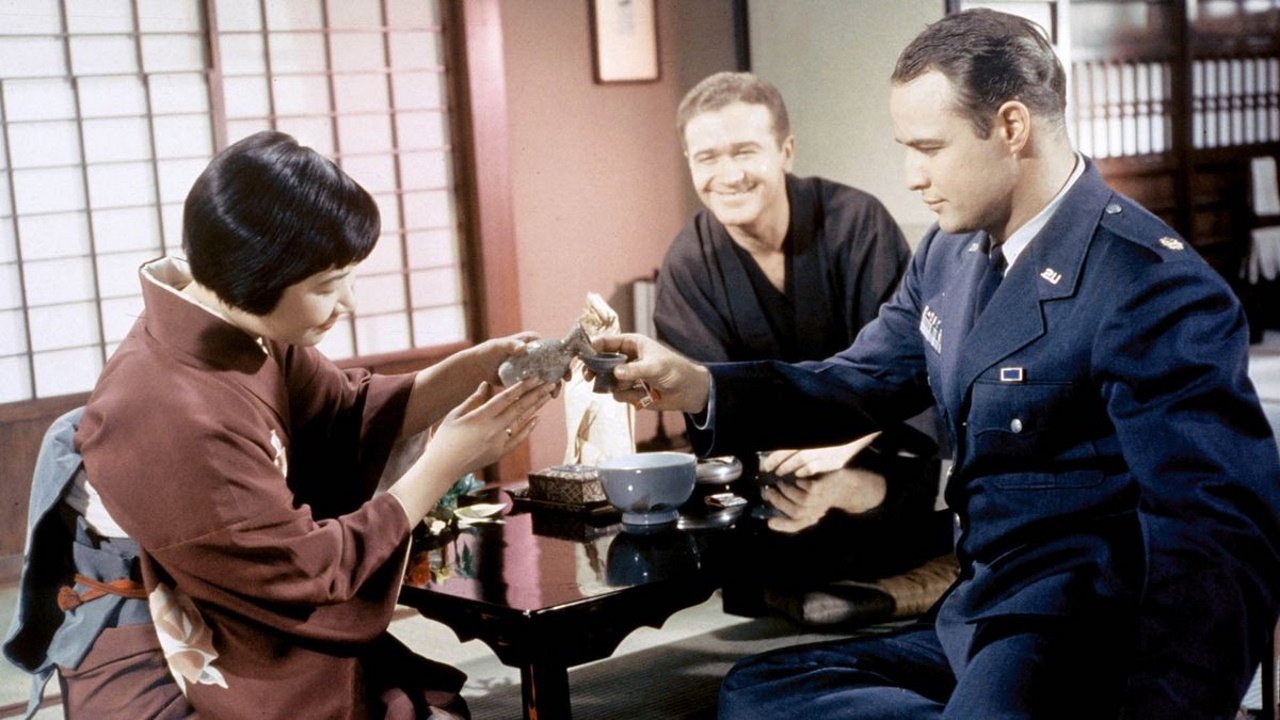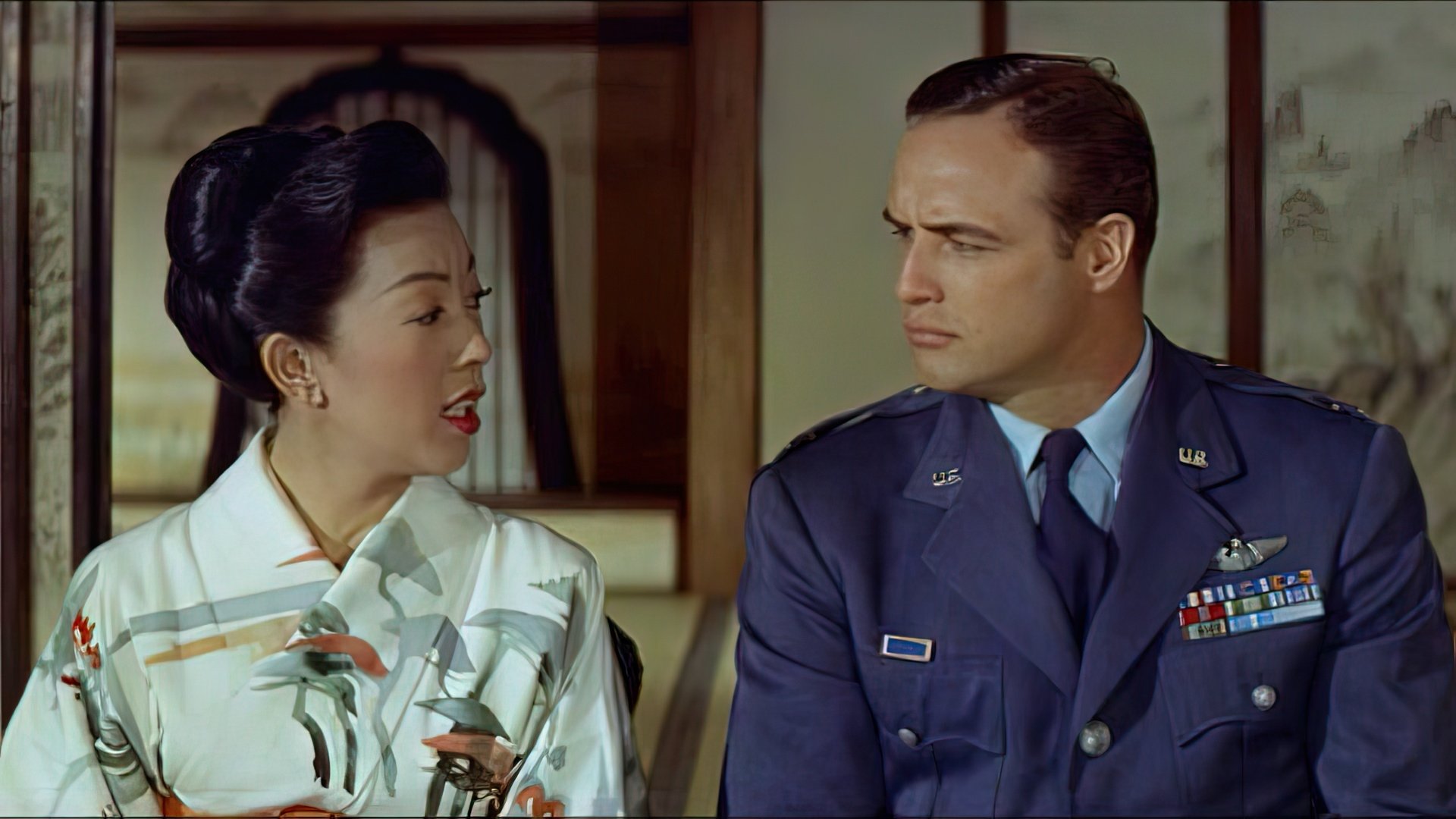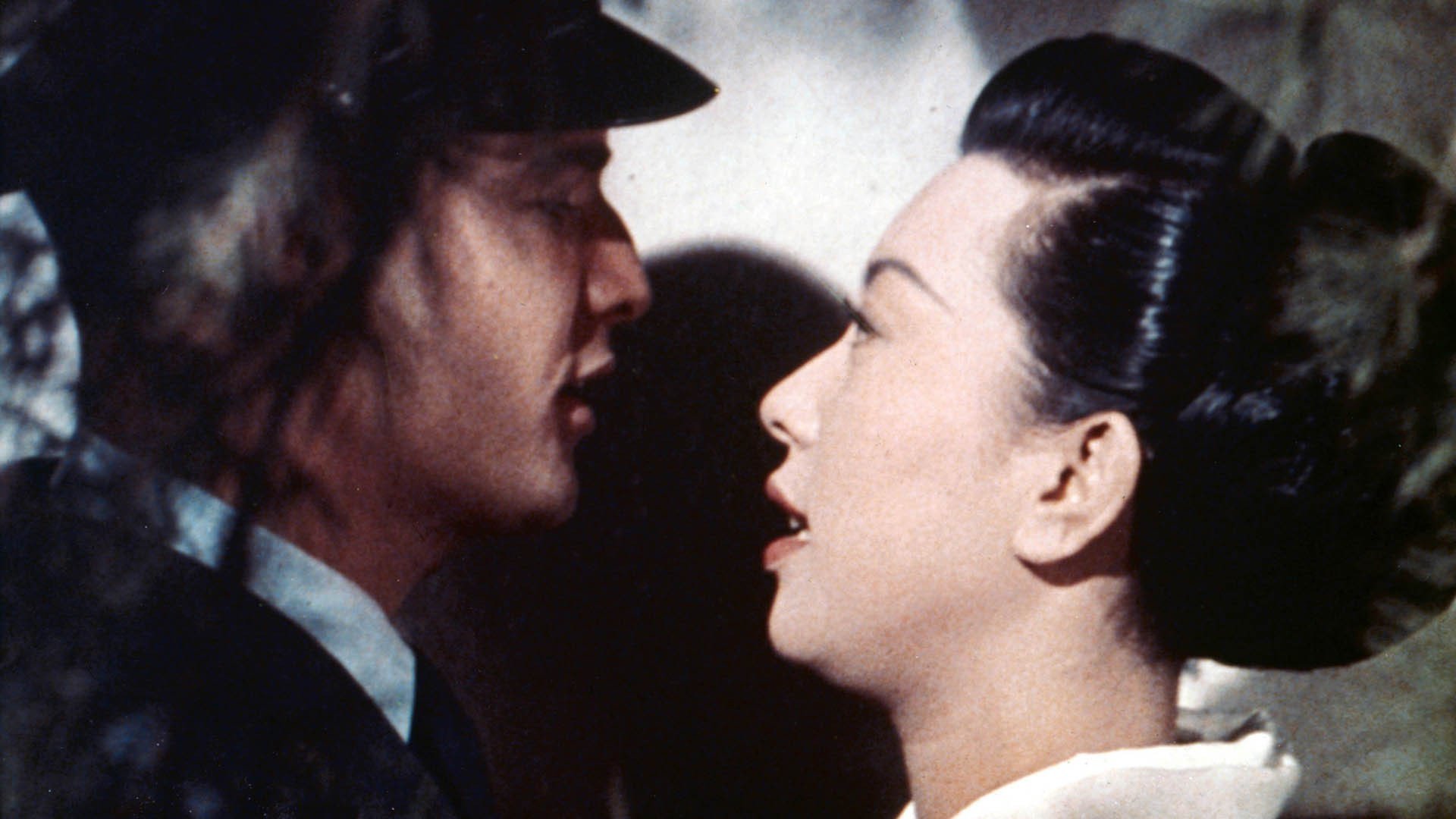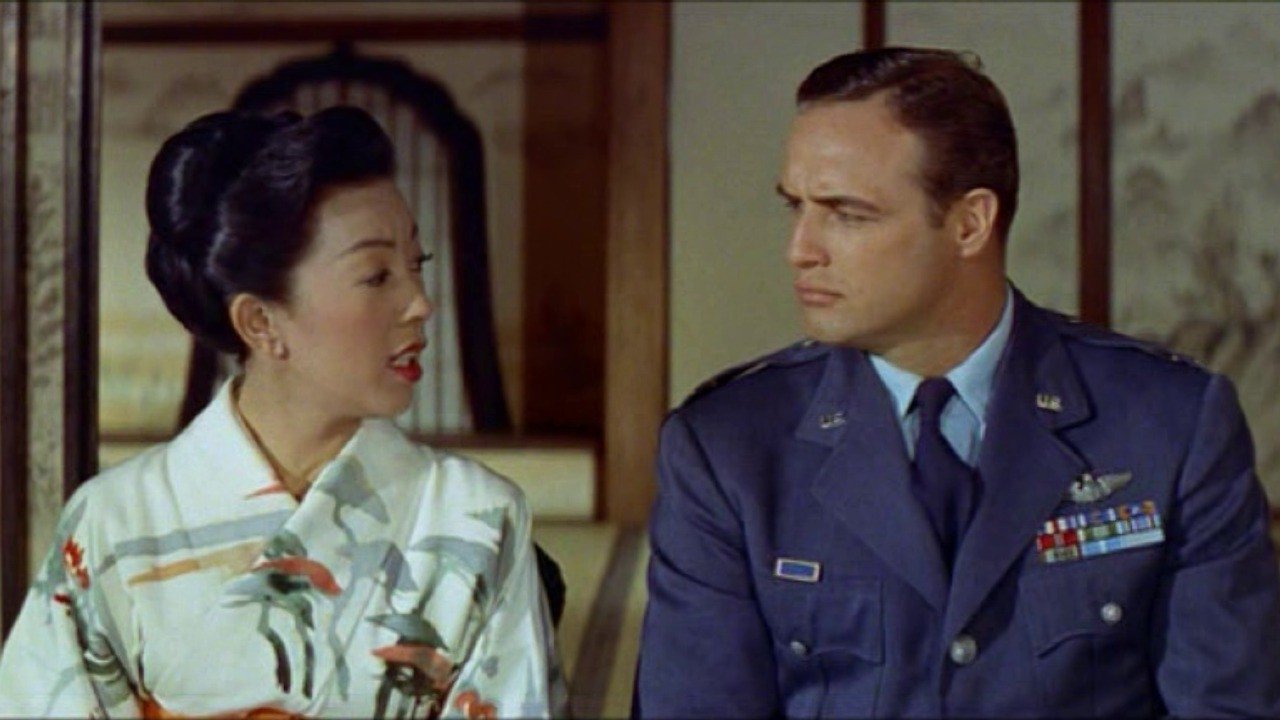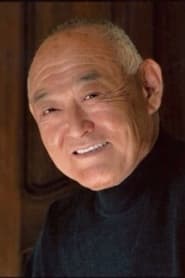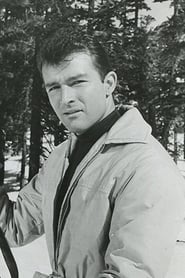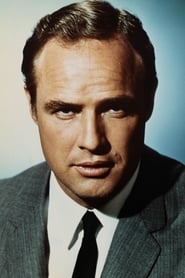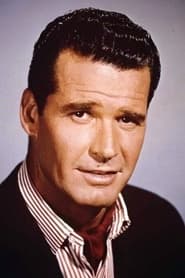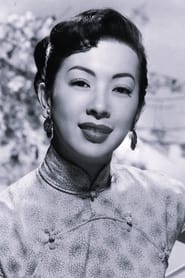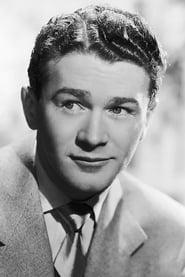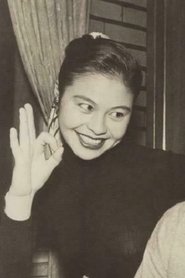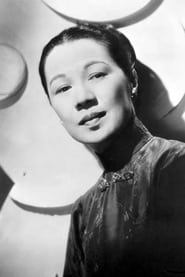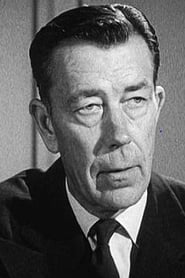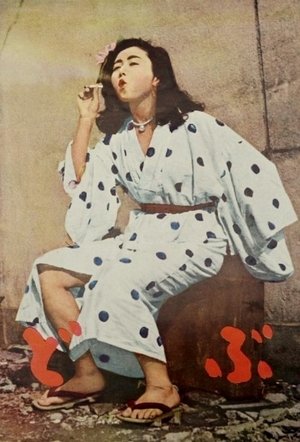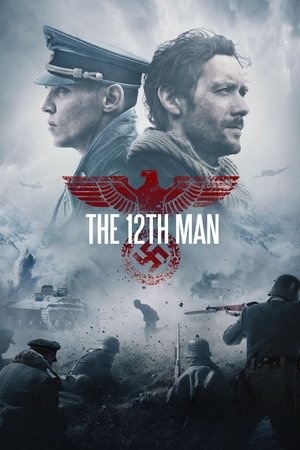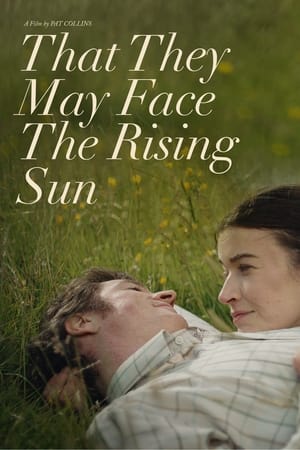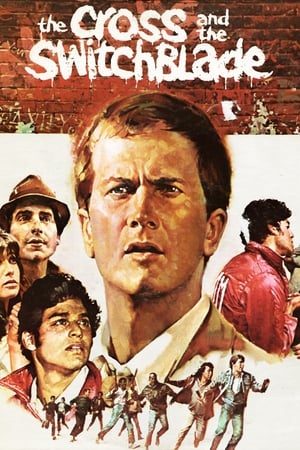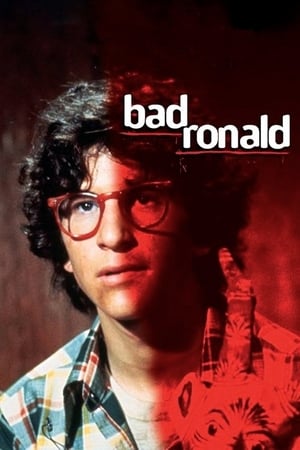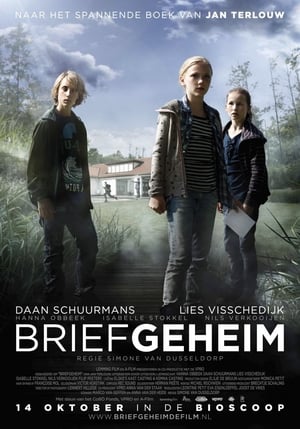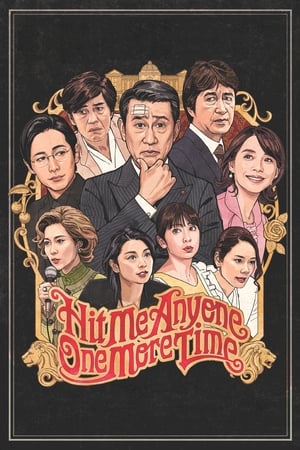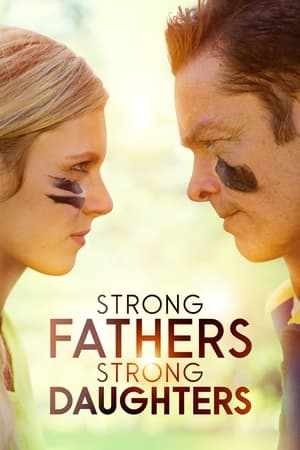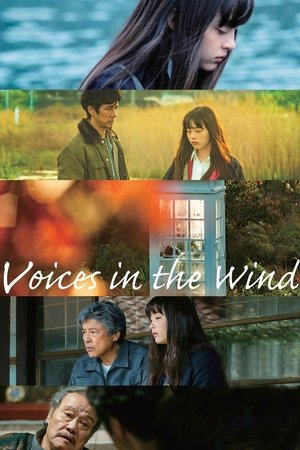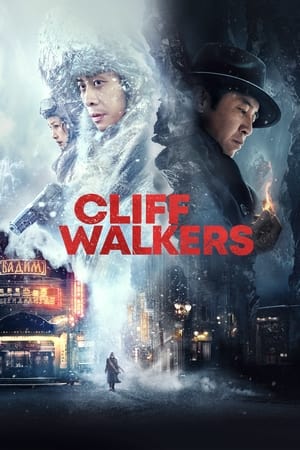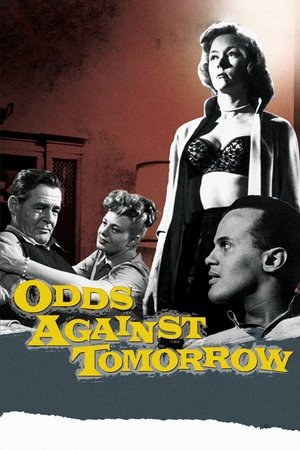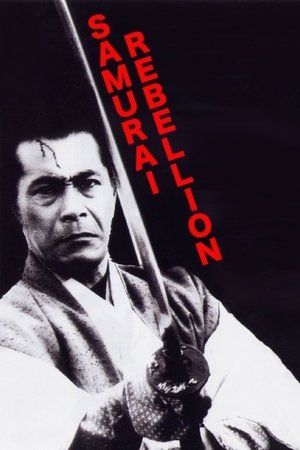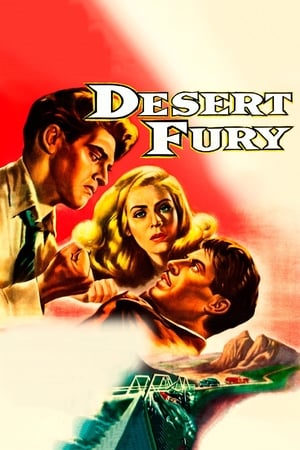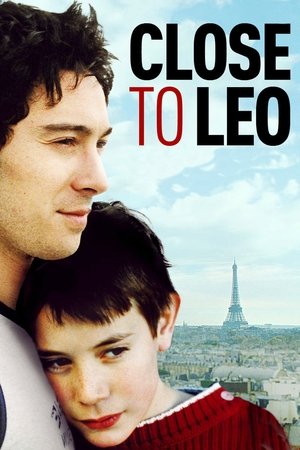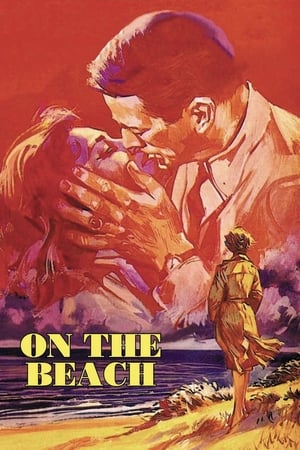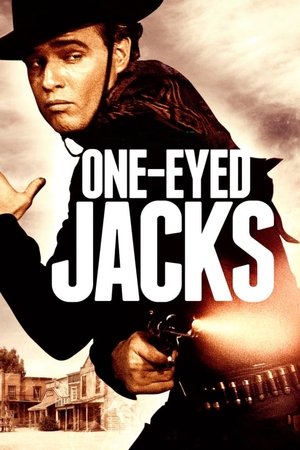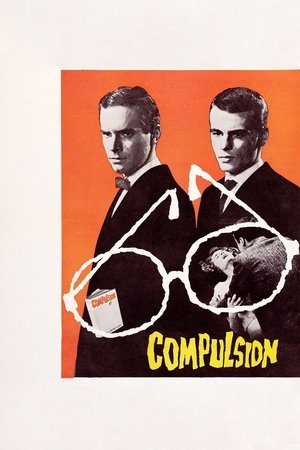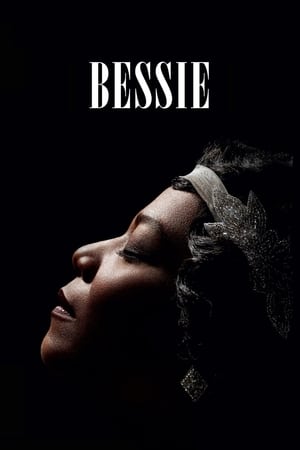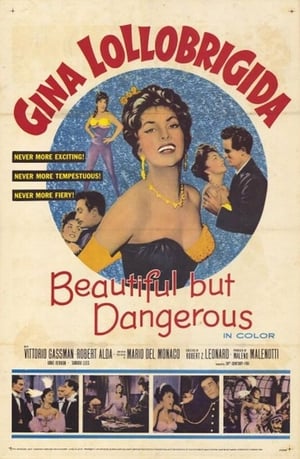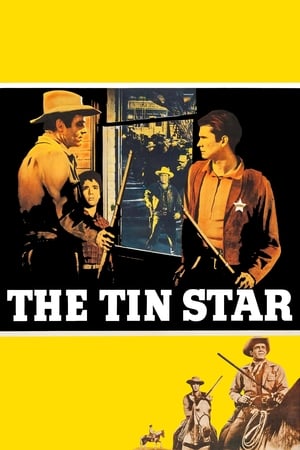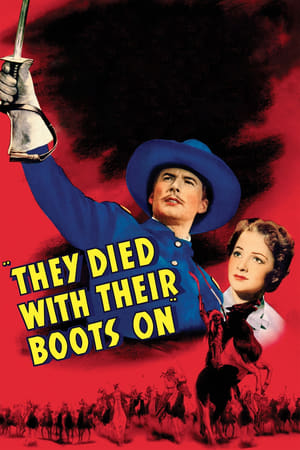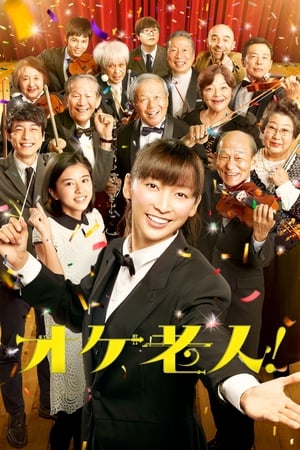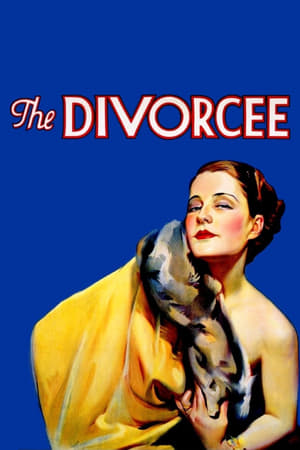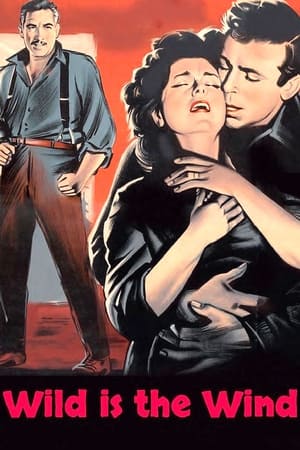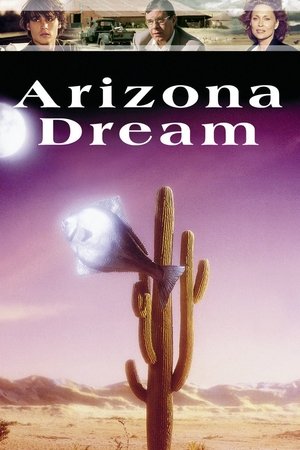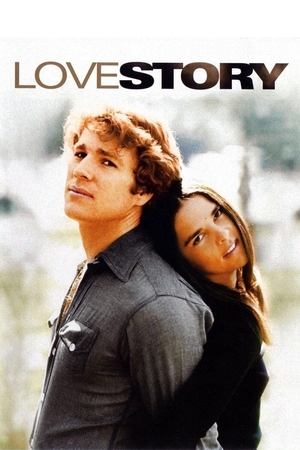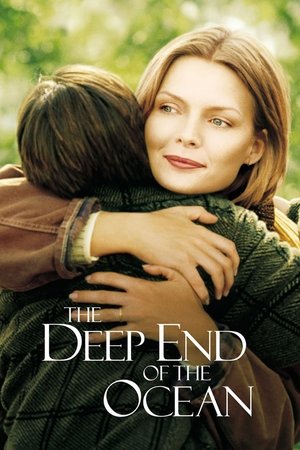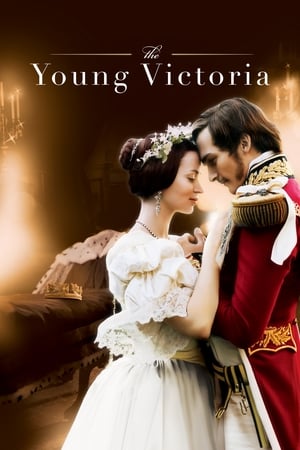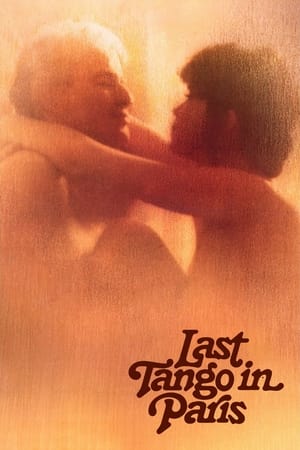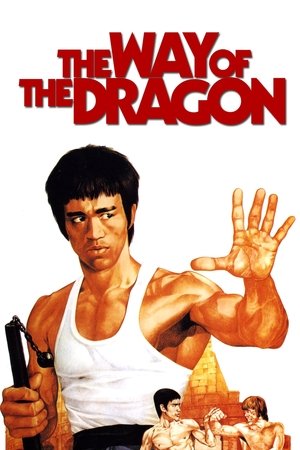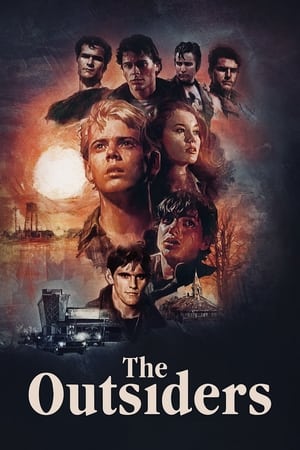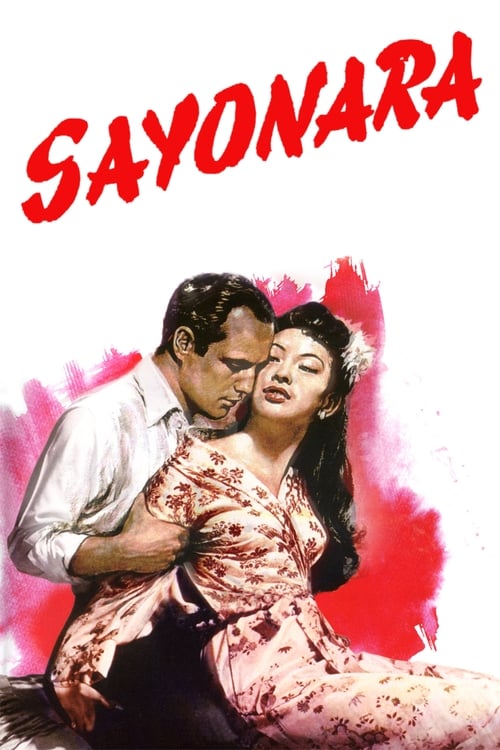
Sayonara
"I am not allowed to love. But I will love you if that is your desire..."
- 147 Mins
- 1957
- en
- star6.7/ 10
Air Force Major Lloyd Gruver is reassigned to a Japanese air base and is confronted with US racial prejudice against the Japanese people. The issue is compounded because a number of the soldiers become romantically involved with Japanese women, in defiance of US military policy. Ordinarily, a by-the-book officer, Gruver must take a position when a buddy of his, an enlisted man, Joe Kelly, falls in love with a Japanese woman, Katsumi, and marries her. Gruver risks his position by serving as best man at the wedding ceremony.
Cast & Crew
Review
Wuchak
_**Brando’s romantic culture clash in Japan after WW2**_ In 1951, an American Air Force pilot serving in Korea (Marlon Brando) is reassigned to Kobe, Japan, where he deals with his American fiancé (Patricia Owens) and a Japanese performer who attracts his attention (Miiko Taka). The problem is there’s a military order against fraternizing with indigenous women. James Garner and Red Buttons have peripheral roles while Ricardo Montalban is on hand as a famous Kabuki entertainer. “Sayonara” (1957) is a romantic drama highlighted by Brando’s performance as a genial Southern officer, the Japanese culture & locations, plus the quaint conventions of the time period, not to mention Garner in one of his earliest roles. It’s similar to “The Ugly American” (1963), but arguably better. “Désirée” (1954) is another apt comparison, despite taking placing during the Napoleonic era. The film is a little long at 2 hours, 27 minutes, but I didn’t mind. It was shot in Japan with some stuff done in Burbank & Hollywood. GRADE: B
CinemaSerf
Though it does try to deal with some quite poignant issues, I’m afraid it struggles to engage as it plods along a bit too sedately for 2½ hours. It’s set in an immediately post-war Korea and sees “Joe” (Red Buttons) fall in love with a Japanese gal. Now that’s strictly against the rules of fraternisation and he risks an immediate court martial. It’s only going to get more precarious when he decides to marry “Katsumi” (Miyoshi Umeki) and he asks his all-American boss “Maj. Gruver” (Marlon Brando) if he’ll be the best man. Things are further complicated because not only is “Gruver” the son of a commanding general but he also doesn’t really comprehend why his friend would be willing to surrender his US citizenship just to marry this girl. As the story develops, we discover that “Gruver” is slated to marry “Eileen” (Patricia Owens) who’s also the child of a general - but there is soon a fly in that particular ointment as “Hana-ogi” (Miiko Taka) comes onto the scene and fairly rapidly the major begins to understand his friend “Joe” an whole lot more. Perhaps a little surprisingly, “Eileen” isn’t entirely unsympathetic and it’s largely through her characterisation that a light is shone on the attitudes of the occupying administration to dalliances, even marriages, of their personnel with the indigenous population. In many ways it’s quite an effective invitation to look at one’s own attitudes and clearly with wounds from WWII still fresh in the minds of many Americans, it uses the extremeness of these scenarios to offer some hope of reconciliation rising from the hatred, brutality and mistrust that has been successfully nurtured by a series of rules and regulations that seem designed not with any ethnicity in mind, but more to avoid an influx of “new” citizens to the USA after the troops have returned home. James Garner’s “Bailey” adds to the conundrum as he, too, is enamoured of a young and popular dancer but his contribution is somewhat undercooked. There is one especially torrid scene with the young “Katsumi” so desperate to conform that she is considering paying a quack doctor for her eyes to be “reset” - an appalling proposition at any time, but also quite indicative of a situation where true love prevailed and not just convenient sex. Despite that compelling mix of topics and two strongly emotional efforts from both Buttons and Umeki, Brando and Garner just aren’t really at the races here and there’s simply too much dialogue as it takes an interminable time to make it’s point. It does look good, the aesthetic is vivid and the dance routines evocative of a Korean culture that has, for many, just swapped one invader for another. It’s worth a watch, but could have been more focussed.
